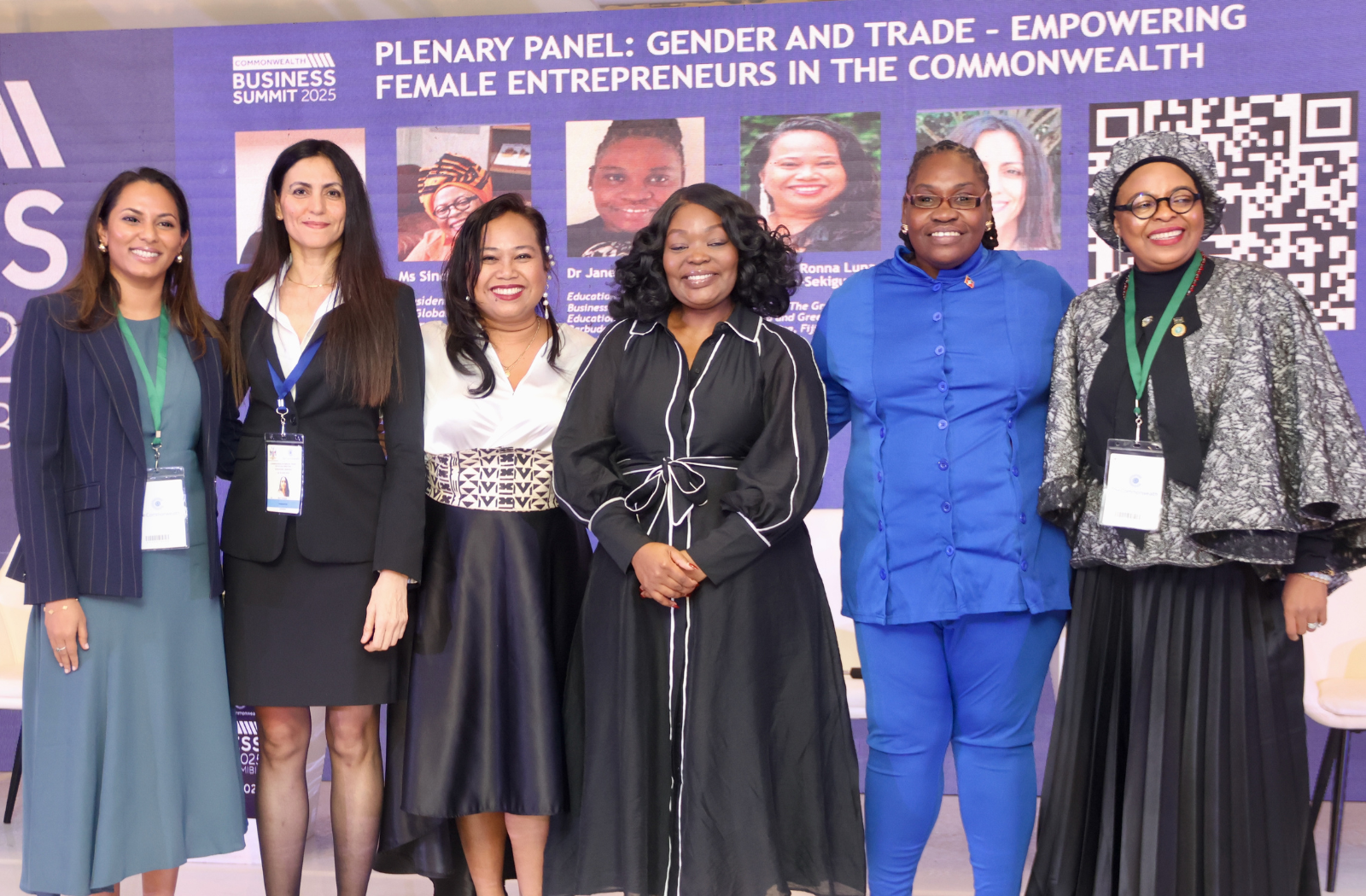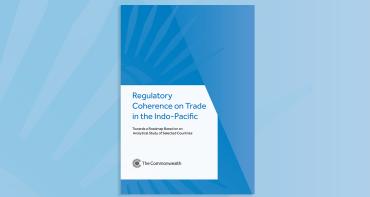Across the Commonwealth, women entrepreneurs are sparking meaningful change. From the bustling markets of Cameroon to the co-working spaces of Fiji and the tech labs of Canada, they are reshaping economies, lifting communities, and proving that inclusive growth isn’t just a slogan, it’s a necessity.

At the heart of this transformation are women who refuse to be defined by barriers. Valerie Neim, a former banker turned entrepreneur in Cameroon and founder of INVICTAE, understands the weight of outdated norms that still shape the business landscape. Speaking about the obstacles many women face, she explains:
“There is this inherent assumption that women are somehow less capable. In places like Cameroon, it’s not unusual for lenders to ask if a woman’s husband approves before granting a loan, or to question whether she can be trusted with significant sums. But every day, women across Africa and the Commonwealth are running businesses, employing people, and driving innovation. Imagine what we could do if we were given equal footing.”
This is a story that echoes across the globe and resonates just as strongly within the 56 nations of the Commonwealth. Women make up half the population, yet face disproportionate hurdles in accessing finance, digital tools, and decision-making spaces. Still, they persist and excel.
Last month, during the inaugural Commonwealth Business Summit held alongside the Commonwealth Trade Ministers Meeting in Namibia, this reality was powerfully illustrated. A dedicated panel on gender and trade brought together women leaders and entrepreneurs to discuss the barriers they face and the solutions that can drive change. Among the panellists were several of the very women transforming their industries today.
In Fiji, Maria Ronna Luna Pastorizo-Sekiguchi, who spoke on the panel, has built innovative co-working spaces that give entrepreneurs, particularly women, the flexibility to grow their ventures. In Canada, fellow panellist Dr May SikSik, founder of the Canada Innovation Network, is advancing global health through cutting-edge technology.
“We’re not just innovating for communities, we’re innovating with them,” she said, describing how her work merges AI and wearable tech with community-led design and collaborative models to drive sustainable impact.
Meanwhile, Nurain Janah, an adviser to the Commonwealth Business Women’s Network from the Maldives, captured why this matters far beyond individual success stories:
“Women entrepreneurs are catalysts for change. They play a vital role in driving innovation and inclusive economic growth across Commonwealth countries. When women thrive, communities thrive.”
Namibia’s Minister of Gender Equality and Child Welfare, Hon. Dr Emma Kantema, opened the session, underscoring her country’s commitment to advancing gender equality in economic life, a clear signal of how seriously governments are taking these issues.
This ripple effect, where investing in women lifts entire communities, is why placing women at the centre of economic strategy is not just about fairness; it’s smart economics. Studies show that closing gender gaps in the workforce could add trillions to global GDP. Within the Commonwealth, with its diverse economies and shared values, there is a real opportunity to lead on this agenda.
From talk to action: What’s next?
The Commonwealth Secretariat is working to build on this momentum by exploring practical approaches and collaborations. Key priorities that emerged from the summit include:
- Bridging the digital divide: advancing digital inclusion and exploring ways to improve digital skills and connectivity for women-led businesses and MSMEs.
- Rethinking access to finance: designing financial products tailored to the realities of women entrepreneurs.
- Elevating women’s voices: promoting the inclusion of women in trade negotiations and economic planning.
- Strengthening networks and mentorship: connecting women across borders and sectors to scale their impact.
With 56 member states and a longstanding commitment to equality and shared prosperity, the Commonwealth is uniquely positioned to drive this agenda forward. Through programmes that integrate trade, gender, and economic development, it is working to turn these ambitions into everyday realities.
Ultimately, the future of business across the Commonwealth looks more inclusive, more innovative, and increasingly women-led. And that’s a future where entire communities stand to thrive.
Watch the full panel discussion on ‘Gender and Trade – Empowering Female Entrepreneurs in the Commonwealth’ here.



